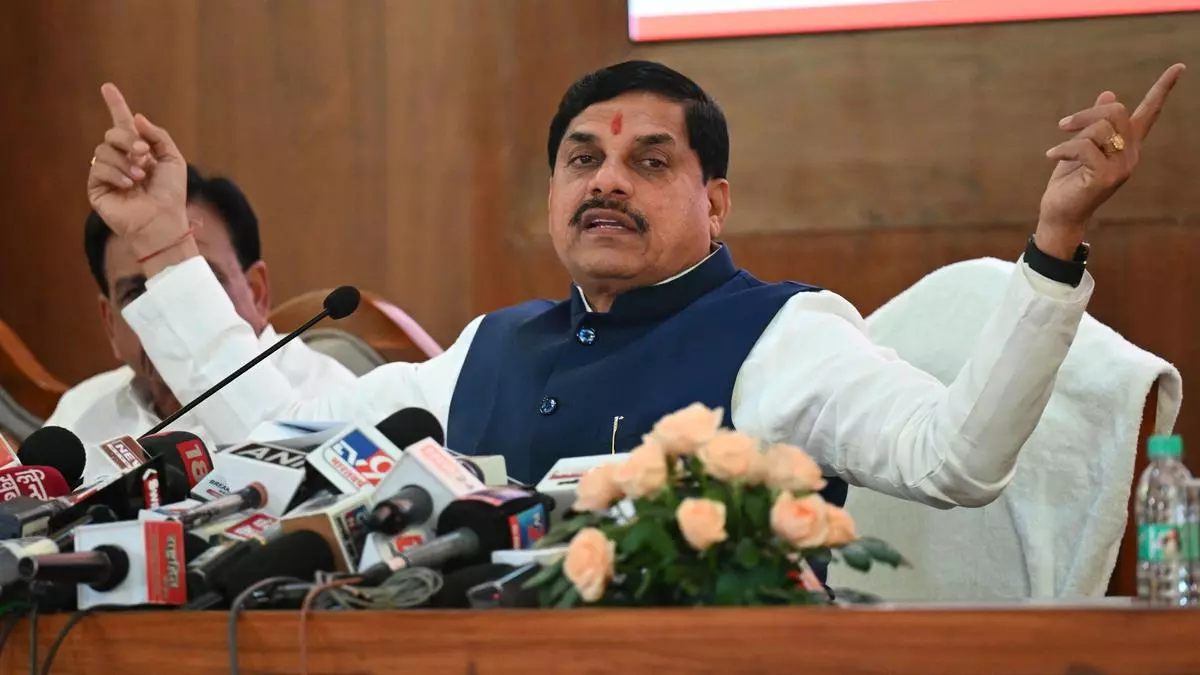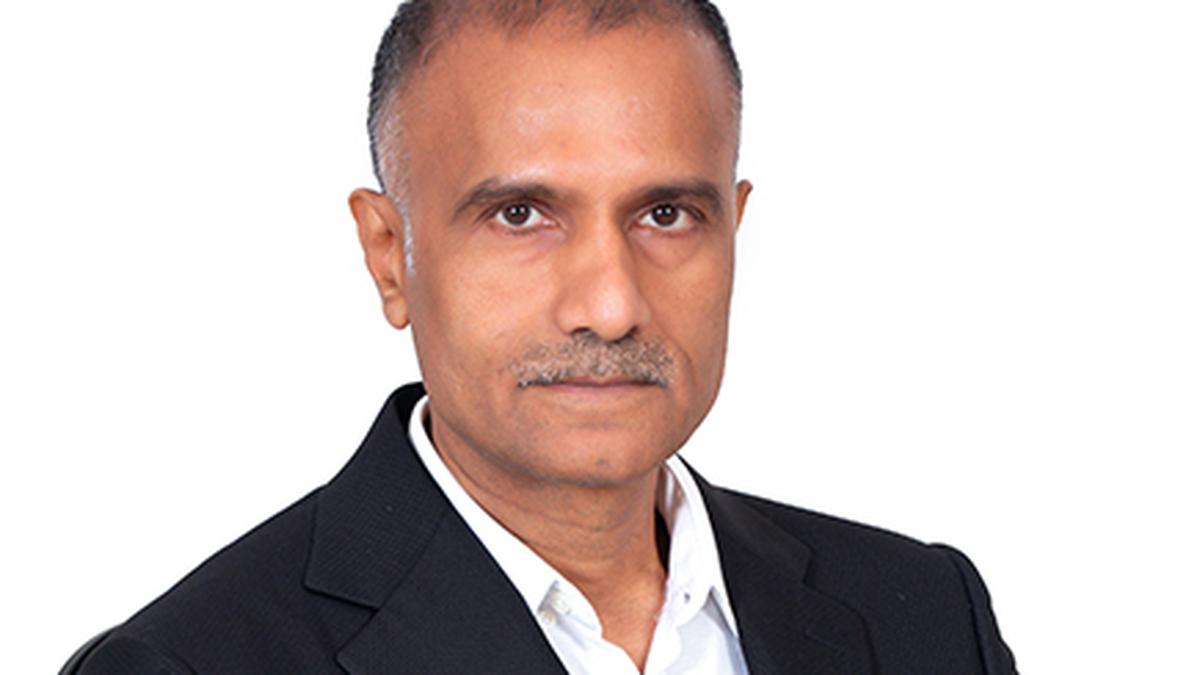From dahi-shakkar when stepping out for an exam or interview, to kuch meetha after we have cracked it, for every occasion big or small, having something sweet is such an integral part of our culture that we rarely question our reflexes, be they individual or collective. However, unknowingly, we are consuming a lot more sugar than the occasional treats we think we indulge ourselves in.
Despite the fact that India has an alarmingly high percentage of diabetics (11%), overconsumption of sugar remains not only socially acceptable, but popular. While fizzy drinks and sugary treats are often assumed to be the culprit, sugar is ubiquitous in almost everything we are consuming, whether it is from the kirana store or a fancy brand. Biscuits, spreads, juices, and now even baby formula – everything has copious amounts of added sugar. The more sugar we consume, the more sugar the brain demands, and we get stuck in a vicious circle. Consumption of added sugars has been linked to increased risk of a variety of chronic diseases, including obesity, cardiovascular disease, diabetes and nonalcoholic fatty liver disease (NAFLD) as well as cognitive decline.
Poppy, the drug mafia boss from Kingsman: The Golden Circle, dropped truth bombs when she compared sugar and cocaine. Some studies have found that sugar is as addictive, if not more, than opioid drugs.
NEED FOR STRONGER REGULATIONS
Findings of an investigation by Swiss nonprofit group Public Eye and the International Baby Food Action Network (IBFAN), revealed that some of the baby food being manufactured by Swiss food giant Nestle had added sugar in lower-income countries like India, while the same food sold in Europe contained none. Public Eye denounced what it called “harmful double standard,” which contributes to an increase in obesity “and leads children to develop a lifelong preference for sugary products”. Nestle has responded saying that the added sugar content is within the permissible limit. The fact that permissible limits in India are substantially higher than for the EU reflects a need for change at the legislative level. Europe has very strict food regulations and as a result, the amount of chemical additives, sugar, and salt in packaged foods there is among the lowest. Legislative change, however, has to be preceded by social awareness – can we curb our collective weakness for ‘meetha’?
The many names of sugar
‘WE OVERCONSUME SUGAR DURING SOCIAL GATHERINGS’
Any celebration or social gathering in our society is incomplete without sugar, and when we overconsume it in a gathering, it tends to make us more excited. “Sweets are a must at our gatherings. Sugar has become a socially acceptable addiction because people cannot go without it and it is a must for all happy occasions. When everyone around us is overconsuming, we think, ‘It is just one day. Let me also have it.’ During a gathering or celebration, you are already excited, so the happy hormones are very active. When the happy hormones are active, you crave something sweet. So, you end up overdoing it, resulting in behavior that is overenthusiastic and excited,” shares dietitian Manonita Jain from Madhuban Diet Clinic, Pitampura, Delhi. That is why mindful eating plays an important role here. “In India, every day is a celebration. We need to promote mindful eating. If there’s a puja, have one spoon of the prashad, not replace your meal with it,” advises dietitian Vaishali Verma, Consultant, Nutrition And Dietetics, Manipal Hospital, Dwarka.
The push to limit added sugar or at least make people aware of the sugar content in packaged food needs to come from lawmakers
“The more we consume it, the more our brains become desensitized to dopamine, requiring larger amounts of sugar to experience the same level of reward. This cycle of craving, consumption, and desensitization makes it incredibly difficult to moderate our sugar intake without conscious effort and discipline,” explains Dr. Richa Chatturvedi, Senior Consultant, Endocrinology, Indraprastha Apollo Hospitals.
Sugar triggers the release of dopamine, a neurotransmitter associated with pleasure and reward, creating a reinforcing loop that drives us to seek more sugar without considering the quantity. The brain’s reward system is triggered by sugar, which makes it hard to resist the craving for more,” says Dr. Mohan Kumar Singh, Senior Consultant, Internal Medicine, Marengo Asia Hospital, Gurgaon.
Revant Himatsingka, who runs the social media channel named Food Pharmer, has made a name for himself by calling out unhealthy packaged food masquerading as healthy. “We have junk food like soft drinks only once or twice a week, but junk food that markets itself as healthy, we are having it twice-thrice a day. So it is even more dangerous,” he said in a recent interview. Making a case for the importance of reading food labels, his videos point out the amount of sugar in products like jams, chocolate spreads, juices, and beverage mixes.










